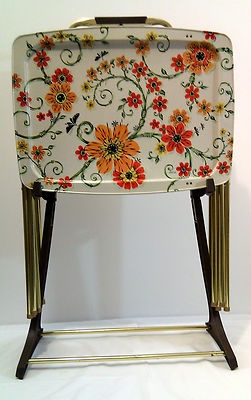I never liked soup, and in my thirties I made it my mission to find out why. What was it about soup? What had soup ever done to me? And as long as I was going to the trouble of launching an investigation, it made sense to broaden its scope and include another food class with which I had unresolved differences: pasta. Specifically, my so-called issues were with long pasta. Short pasta, stuffed pasta, little pasta were AOK and I bore them no ill will. Ravioli, rigatoni, manicotti, mostaccioli—all good. (I exclude here the bland, watery, pedestrian mostaccioli that comes with your main course at banquet-hall wedding receptions in Chicago.) Soup and pasta—what in the world was up with that?
I approached the subject first from the most obvious angle: taste. Do soup and pasta taste bad? Of course there are good soups and bad, good pasta and bad. But had someone served me soup or pasta that somehow disturbed me? Considering Mama’s gummy Swiss steak, she was of course a prime suspect, but despite her plebeian talents in the kitchen I never found a reason to accuse her for this situation. It must be something else. Had I watched Spellbound once too often? In Hitchcock’s 1945 film, Dr. Gregory Peck helped psycho Ingrid Bergman come to the realization that the patterns in a tablecloth made by dragging a fork across it induced painful memories, memories of something deadly. Why did I like meatballs but not spaghetti?
Paging Dr. Peck.
Patterns on a tablecloth. Long pasta. Soup.
TELEVISION.
The consumption of certain foods requires more attention directed at the plate than the consumption of other foods. You have to look at Tournedos Rossini more intently when you eat it than you have to look at a slice of pepperoni pizza. Salisbury steak and mashed potatoes, which you can quickly and easily form into bites with only your fork, are easy to eat. Spaghetti is not.
Eureka.
You have to look longer at soup or long pasta to eat it, and time spent looking at the food is time spent not looking at the television.
Boom.
When my family ate dinner at the dining table, the TV trumpeted in the den and we watched it. But as often as not, Mama lifted the TV trays from their rack, and the three of us—four, if my brother was home from college—would sit worshipfully in a semicircle in the den, the television as pulpit. The TV trays made dining-while-viewing convenient—we were within the remote control’s range—but an additional benefit of the TV trays was that they wobbled, and Mama did not produce her leathery Swiss steak on nights when we ate on the TV trays. There would be no way to dissect the sinewy, undertenderized, overcooked meat with sufficient force to break it into bite-sized pieces without causing a rickety TV tray to collapse. I learned to eat dinner with the TV on, and food was not the primary focus.
My family’s dinner rituals framed, for life, my taste in soup and pasta, and once I achieved that profound, bitter breakthrough, I could begin the job of prying apart the links. Fettuccine? You bet! Vichyssoise? Bring it on! If Timothy Hutton could shake the shackles of guilt over his brother’s death in Ordinary People (with psychiatrist Judd Hirsch’s help, since Timothy Hutton was messed up), then surely I could let myself love linguini.
